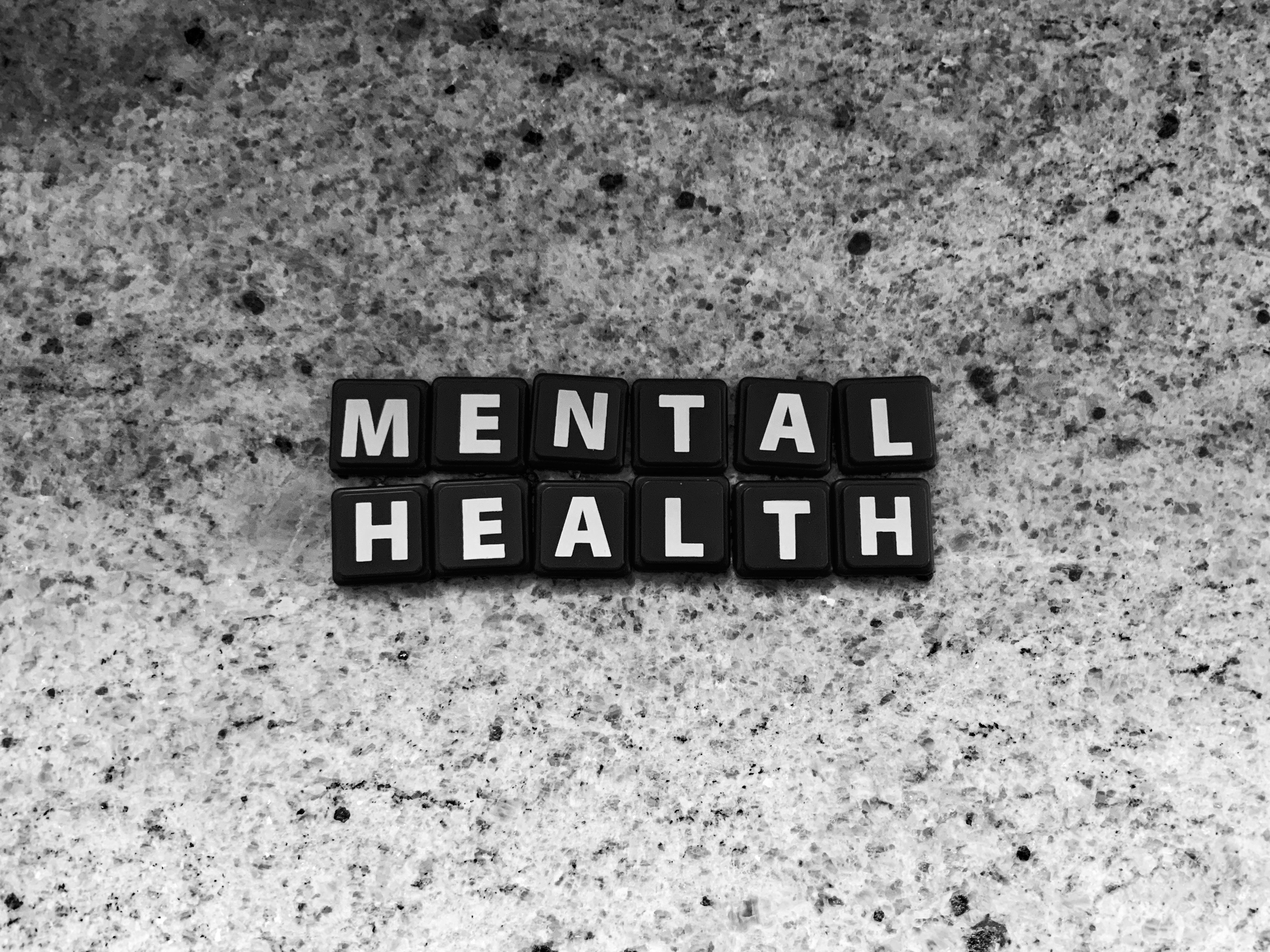Would it come as a surprise if you were told that Black women are more likely than white women to experience a common mental illness?
Would it shock you if you were informed that Black men in the UK are four times more likely than white men to be detained under the Mental Health Act, and are more likely to experience psychosis?
These statistics from mental health organisation Rethink Mental Illness, reflect how the wider systemic and structural barriers surrounding racism continue to impact Black people across the country.
It is the inequality and disproportionate disadvantage that Black people face across many areas of society that drive these statistics. The barriers surrounding education, employment, and housing, along with disparate representation (or lack thereof) in the criminal justice system and in our workplaces, reinforce bias, discrimination, and racism. The impact this has on Black mental health can be profound.
Over the past 18 months - since the murder of George Floyd – UK organisations, both public and private sector, have made a conscious effort to ‘tackle’ racism and discrimination in the workplace. Either knowingly or unknowingly, what this approach has done is formed the embryonic stages for supporting Black mental health at work. Racism, discrimination, and bias cannot be extracted and separated from Black mental health issues.
On this basis, it is crucial that organisations play their part in supporting the wellbeing of Black people, and People of Colour at work, alongside the continued efforts to remove the structures and barriers that non-white people face. In the past, we have organisations take approaches to issues Black people face from in the workplace, to better reflect the society and community in which they operate. These methods regularly consist of employing more non-white people to increase diversity, or enrolling colleagues on to equality and diversity training.
These liberal approaches in work are important, however, to better support the mental health of Black people, a more radical approach is needed. Organisations should acknowledge and understand the extent and pervasiveness of racism at work and how that has a practical and material effect on the mental health of Black colleagues. To follow on from this, an acceptance of white privilege (the understanding that racism for white people has never been a barrier to opportunity) is key as it forms a greater understanding of the society in which we operate.
Being an explicitly anti-racist workplace is imperative as this allows Black people to feel safer to be themselves. Organisations should take a review of their policies and protocols through an anti-racist perspective to achieve this.
Research from the Mental Health First Aid England’s My Whole Self Campaign revealed that 43% of the UK employees think their colleagues know the ‘real’ them. Does a Black person, who is already subjected to bias and discrimination at work, feel able to be the ‘real’ version of themselves? Is it an exhausting and performative task to attempt to ‘fit in’? Can that impact mental health severely?
Supporting the wellbeing of Black colleagues in an already challenging society should be high on the priority for organisations. It will take difficult conversations and will need wholesale culture change combined with a truly anti-racist approach. Allyship is paramount in the quest for a safer environment for Black people. Make a public commitment, both individually and collectively, to be the change you want to see. It is not for Black people to fix problems they haven’t created, but for them to be listened to in order to shape the way we all move forward.
